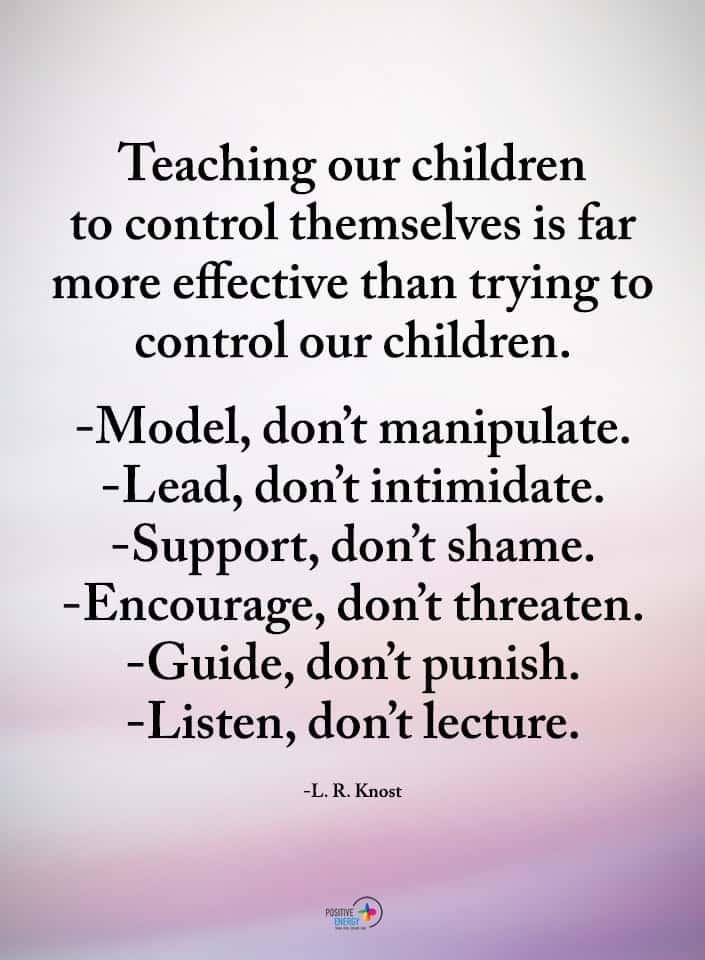Harvard professor reveals the secrets to success in parenting.
In the parenting journey, the ultimate goal often centers around raising children who are successful in their endeavors. But it also means rearing well-rounded, happy, and resilient. It’s a quest that brings many challenges and joys.
Harvard professor Ronald Ferguson has put a lot of time into understanding the intricate world of parenting in his groundbreaking research. Through his study, he uncovers parents’ crucial roles in shaping their children’s future.
But this article isn’t just a summary of Ferguson’s findings. Instead, it’s a guide, a companion for you, the parent, on this beautiful yet often bumpy road of raising successful children.
Ferguson’s research is a treasure trove of insights, revealing key strategies that ‘master parents’ utilize to nurture their children’s development. These strategies are more than just tips; they are the foundational pillars that can support and guide you in your parenting journey.
As we explore these each strategy, remember that every child is unique. That means that you will not find any one-size-fits-all approach to parenting. However, the core principles you will read about are universally applicable. They serve as beacons, guiding you toward fostering an environment where your child can thrive emotionally and intellectually.
Five Parent Behaviors for Raising Successful Children
Let’s embark on this enlightening journey together, unraveling the wisdom from Harvard’s research and translating it into practical, everyday parenting practices. Each tip can specifically help you raise a successful, well-rounded child.
1 – Parents of Successful Children Are Early Learning Partners
From the very first coo and giggle, your role as a parent in your child’s education is pivotal. The Harvard researcher emphasizes the significant impact of being an active ‘Early Learning Partner.’ This means engaging your little ones in educational activities, making learning a fun and integral part of their everyday life. It’s about reading bedtime stories, playing educational games, and fostering a sense of wonder and curiosity about the world around them. By doing so, you’re not just teaching them facts and figures but instilling a lifelong love for learning. This early foundation sets the stage for their future academic and personal success, making learning an exciting adventure rather than a tedious task.
In addition to parental involvement, quality daycare programs play a crucial role in supporting children’s education during their formative years. These early childhood education settings are designed to nurture curiosity, creativity, and critical thinking skills through structured activities and play-based learning. Daycare centers often incorporate children education programs that align with developmental milestones and cater to each child’s unique needs, providing a supportive environment where kids can thrive academically and socially.
2 – Parents as the Flight Engineer and Fixer
As your child grows, your role evolves into that of a ‘Flight Engineer’ and ‘Fixer.’ Harvard’s research highlights the importance of these roles in ensuring your child receives the right support from educational systems. Like a Flight Engineer, you monitor and guide your child’s educational journey, ensuring they have the resources and support they need to thrive. This might involve liaising with teachers, understanding educational policies, or advocating for your child’s needs.
Meanwhile, as a ‘Fixer,’ you become the problem-solver who navigates and overcomes obstacles that might hinder your child’s development. This could mean finding tutoring for difficult subjects, helping them navigate social challenges, or simply being there to listen and offer advice. In these roles, you’re not just a bystander in your child’s education but an active participant, helping to smooth the path and open doors to new opportunities.
3 – Parents of Successful Children Serve as Revealer, Philosopher, and Model
In the roles of ‘Revealer,’ ‘Philosopher,’ and ‘Model,’ you open new worlds for your child. As a Revealer, you expose them to diverse experiences, cultures, ideas, and activities. This exposure broadens their horizons, fostering adaptability and open-mindedness.
As a Philosopher, you guide your child in understanding life’s complexities. You help them find purpose, ask critical questions, and think deeply. This role is about nurturing their ability to ponder life’s big questions and find their place in the world.
Being a Model means embodying the values, behaviors, and attitudes you wish to see in your child. More than your words, your actions become the blueprint they will likely follow. This role underscores the importance of setting a positive example in all aspects of life.

4 – Negotiator and GPS Navigational Voice
The roles of ‘Negotiator’ and ‘GPS Navigational Voice’ focus on empowering your child with key life skills. As a Negotiator, you teach them the art of negotiation and self-advocacy. This involves guiding them in understanding their needs, expressing themselves clearly, and navigating conflicts constructively. These skills are vital for their personal and professional relationships.
The GPS Navigational Voice is about guiding your child’s life, even in your absence. It involves instilling values and principles that help them make wise decisions independently. This role is crucial for helping your child develop a strong internal compass to navigate life’s challenges and opportunities.
5 – Building a Philosophy of Parenting
‘Master parents,’ according to Harvard’s research, develop a specific parenting philosophy that guides their every action and decision. This philosophy isn’t about rigid rules or strict guidelines; it’s a fluid, evolving set of principles that prioritizes the child’s overall development and success. It involves being intentional about the values you want to instill and the skills you wish to nurture.It sets the environment you create to raise successful children. It’s about finding a balance between guiding and supporting, teaching and listening, and providing structure while allowing for independence.
The concept of a parenting philosophy transcends strict, inflexible rules. This philosophy is dynamic, evolving alongside the growth and changing needs of the child. It’s about consciously choosing the values and skills you wish to impart, an intentional approach that shapes every interaction, decision, and nurturing environment you provide.
This philosophy is a delicate balance of guiding and supporting, a dance between teaching and listening. It recognizes the importance of setting boundaries and providing structure, yet it equally values fostering independence and self-discovery in children. It’s about being physically and emotionally present in your child’s life and adapting your parenting style to suit their personality and needs.
Parents must understand that each child is unique, and thus, the approach to their upbringing must be tailored to their individuality. It’s about celebrating their strengths and supporting them in their weaknesses, encouraging exploration and resilience in the face of challenges. This philosophy is not about controlling every aspect of a child’s life but equipping them with the tools, mindset, and confidence to navigate their path.
Ultimately, this philosophy fosters holistic development – nurturing academic or career success and emotional, social, and ethical growth. It’s a commitment to raising children who are accomplished in their pursuits and compassionate, curious, and well-rounded individuals.
Final Thoughts on Parents Who Raise Successful Children
Harvard’s research into the roles of master parents sheds light on the multifaceted nature of parenting in fostering successful children. From being an Early Learning Partner to acting as a GPS Navigational Voice, each role plays a critical part in a child’s development. The key takeaway is the importance of being actively involved, adaptive, and intentional in your parenting approach. Adopting these roles and cultivating a thoughtful parenting philosophy creates a nurturing environment that supports your child’s current well-being and lays the foundation for their lifelong success. Remember, in parenting, your actions, philosophies, and roles intertwine to shape your child’s future, impacting their journey toward success and fulfillment.




















